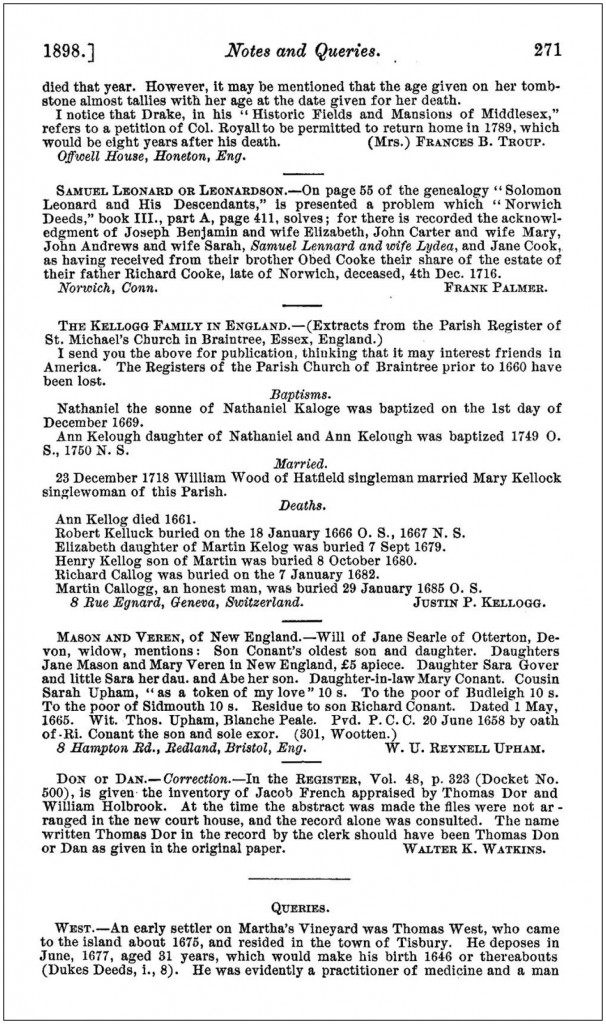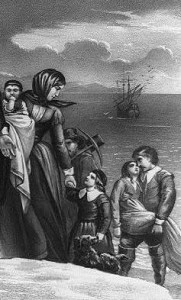 What is it with these genealogists? They’ve been researching for hundreds of years, published thousands of books and magazines, and still can’t get it right! In my last post, we left off with the question, “Can we trust nothing? must we verify everything from scratch?”
What is it with these genealogists? They’ve been researching for hundreds of years, published thousands of books and magazines, and still can’t get it right! In my last post, we left off with the question, “Can we trust nothing? must we verify everything from scratch?”
The answer is no, you don’t have to verify everything – but it is usually a good idea to verify whatever you can. Those who love the hunt and enjoy being genealogical vigilantes don’t mind this little quirk about our “pastime,” but it can certainly be confusing to newcomers, especially the millions being courted today with advertisements of “easy” genealogy. Continue reading Trust but verify – again


